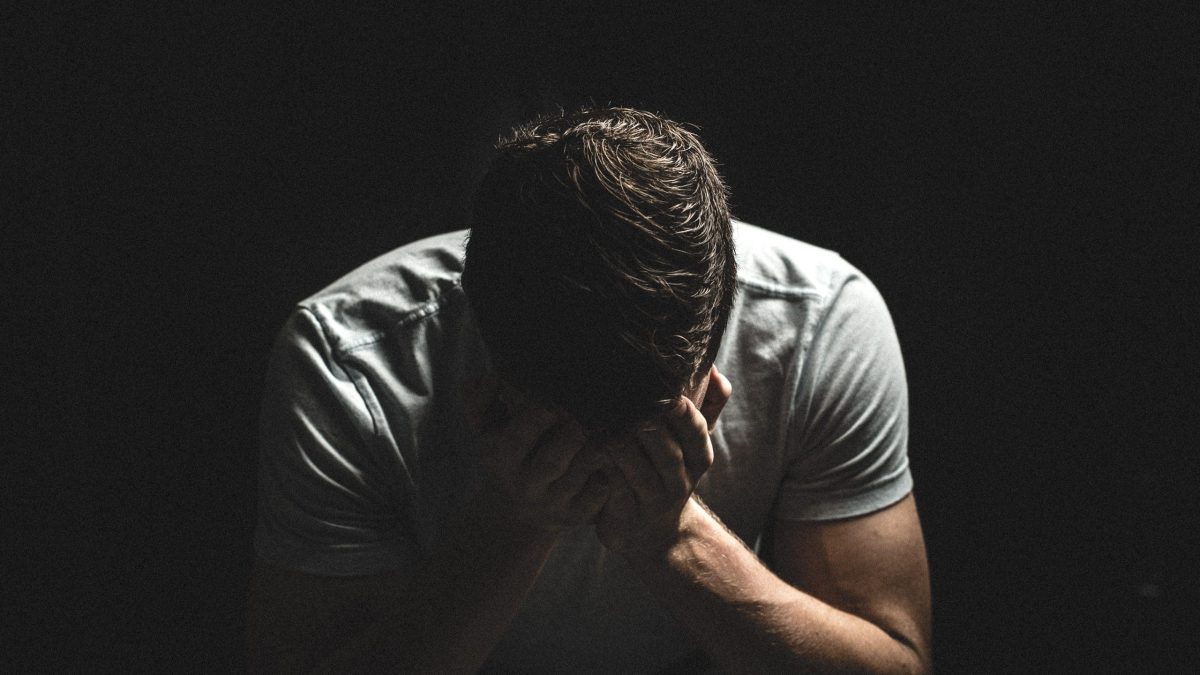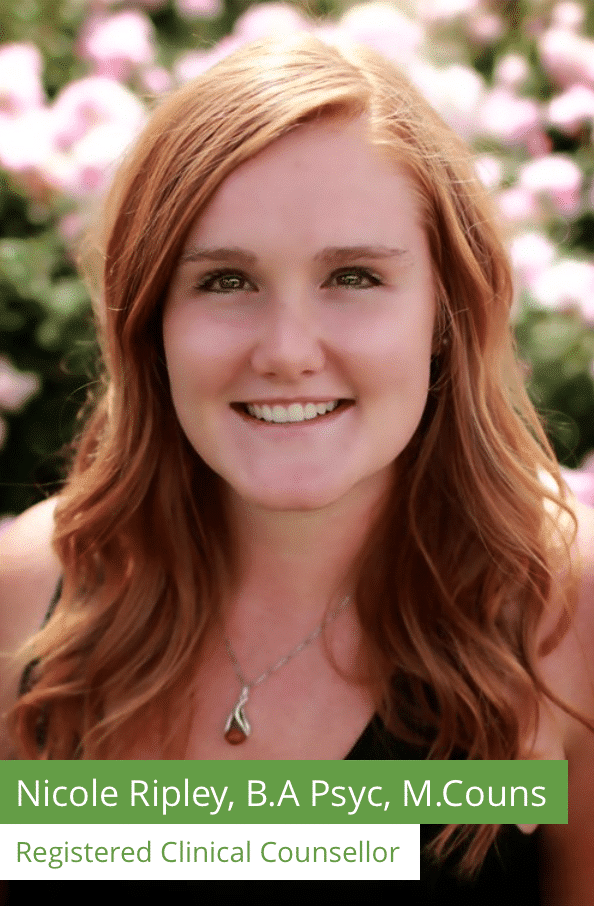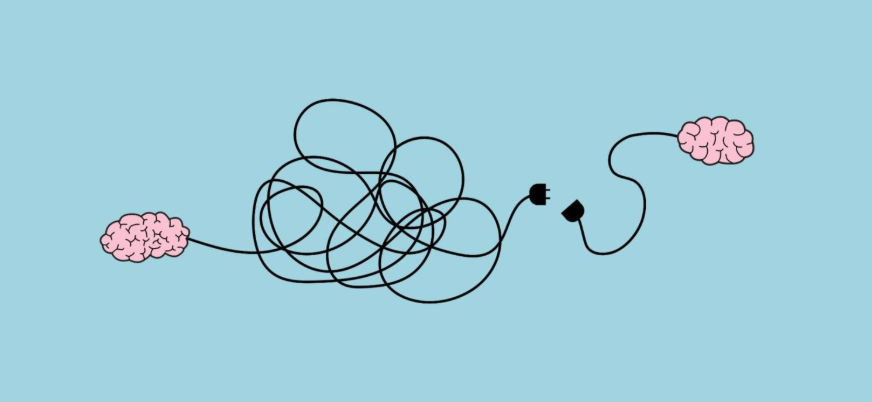
Ways to Cope During Divorce
July 1, 2016
Progressive Muscle Relaxation
August 16, 2016Trauma can be caused by extremely frightening, upsetting, or stressful experiences. Everyone responds to experiences in life differently, so something that upsets one person may not be that big of a deal to another. This is why it is unhelpful to compare yourself to anyone else. If you have gone through an upsetting event and are struggling to deal with it, it may have been traumatic. Here are examples, symptoms, and 10 ways to cope with the effects of trauma to help you understand and move forward.
Some examples of traumatic experiences include:
- Accident
- Physical, emotional, or sexual abuse
- Unsafe living environment
- Life-threatening illness
- Natural disaster
- Surgery
- Victim of or witness to a crime
- Death of a loved one
- Breakup or loss of other close relationship
Symptoms resulting from a traumatic experience may include:
- Fear and anxiety
- Anger and irritability
- Guilt and shame
- Depression
- Fatigue
- Sleep problems
- Avoidance
- Difficulty concentrating
- Body aches
Here are 10 ways to cope with the effects of trauma.
- Get some exercise even if it’s as simple as going for a walk. Find a way to move your body that you enjoy.
- Continue to engage with friends and family, but don’t feel pressured to talk about the trauma if you are not ready.
- Join a support group to connect with others. You are not alone in your experience.
- Be patient. The process of healing can be a slow, and you will work through it at your own pace.
- Employ mindfulness by acknowledging and experiencing your thoughts and emotions without judgment.
- Practice meditation, yoga, or other stress reducing relaxation techniques.
- Get out your thoughts and feelings by writing freely in a journal.
- Nourish yourself with a healthful, balanced diet.
- Prioritize getting adequate rest during the day and enough sleep at night.
- Seek professional help. Cognitive-behavioural therapy and EMDR therapy have been shown to be effective in treating symptoms resulting from trauma.
If you have experienced a traumatic event, the staff at OCCS are here to help. OCCS provides comprehensive counselling services as well as a wide variety of specialty programs, subsidies, and workshops to best help our patients. Our counsellors specialize in concerns such as depression, anxiety, trauma, and more. Please contact us today to learn more about our services, weekend/evening appointments, and sliding fee scale. Okanagan Clinical Counselling Services has three locations throughout the Okanagan in Penticton, Kelowna, and West Kelowna for your convenience.
This blog post was written by OCCS’s Clinical Counsellor:
t: 250.718.9291






